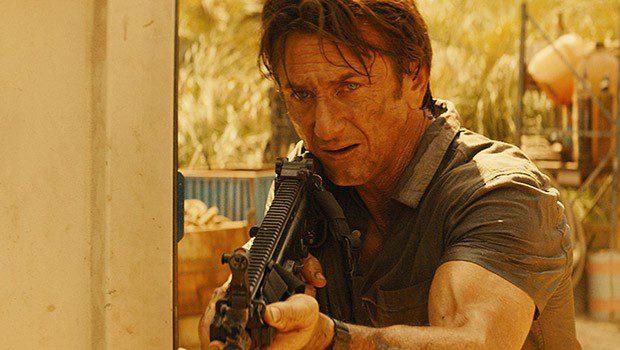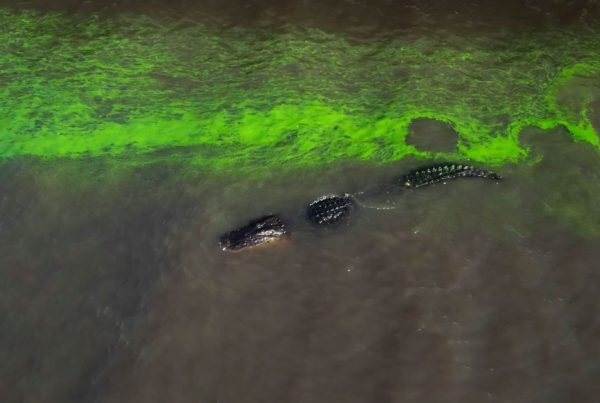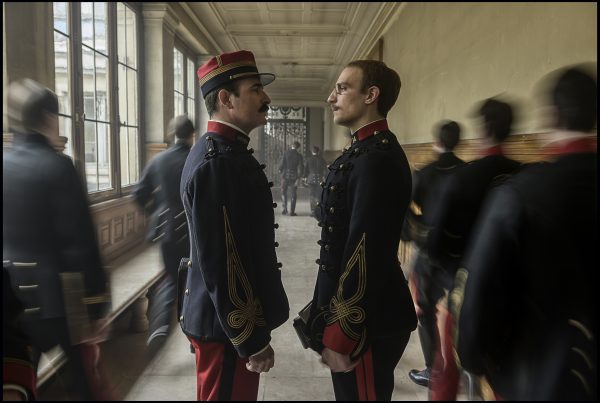“The Gunman,” which opens Friday, is an action film that dares to be bigger than itself.
The latest thriller from director Pierre Morel (the original Taken) will satisfy fans of shoot-em-ups and stab-em-ups, but unlike many its peers in this popcorn genre, it doesn’t come at the expense of brains and geopolitical commentary.

From the very first image, we’re bombarded with actual news footage—or at least it looks real enough—circa 2006, as solemn anchors with European accents report on the genocide in the Democratic Republic of Congo, and the subsequent raping of the nation’s natural resources by multinational corporations. Amid this bloodshed and corruption is Sean Penn’s Jim “Twink” Terrier, a humanitarian aid worker by day and, unbeknownst to his doctor-without-border girlfriend Annie (Jasmine Trinca), a mercenary contractor by night. Operating as both hero and antihero, Jim works with small clique of operatives under the orders of an unnamed, shadowy corporation. After he’s ordered to plant an assassin’s bullet in the body of a nosy government official, he’s then ordered to leave the Congo—apparently for good—with Annie deposited into the lascivious hands of fellow-mercenary Felix (Javier Bardem).
The rest of the story—which is most of it—takes place eight years later, with Jim enjoying a life of peace, surfing and well-building in the Congo. He’s an elder statesman of unequivocal humanitarianism who is suddenly forced to confront his past when terrorists invade his camp, seeking his head on a platter. Little does he know they’re just the aperitif in a multi-course phalanx of enemies that want Jim dead, a journey that soon reaches the more picturesque climes of London and Barcelona.
Penn, who co-wrote the screenplay and must be partly responsible for its anti-corporate conscience, is an interesting choice for an action-film lead. For most former Oscar winners, taking a role like this might seem like slummin’ it, but his intensity and actorly intelligence is undiminished by mass-market genre. Even in the 2006 sequences, with Penn made up to look darker-haired, mustachioed and mysterious, he still has the weary exhaustion of somebody who’s too old for this work; eight filmic years later, his moral devolution into violence is evident all over his face and body, despite his purposeful strides and chiseled physique, the veins in his arms as thick as fettuccini.
That’s because “The Gunman” is a film that takes its time to consider the emotional repercussions of violence—the tragic calculus of life and death—in a way most action pics do not. This alone raises the movie a notch above Morel’s “Taken,” which was filmed with such a relentless single-mindedness that it never once stopped to smell the moral roses.

That said, some of the movie’s plot points and grammatical decisions proceed with a glazed-over familiarity: the indestructible superman with an Achilles’ heel (in Jim’s case, diagnosed long-term head trauma that frequently resurfaces); professional killers who, when targeting Jim and Annie, can never seem to shoot straight; the revelation of an evil, eloquent mastermind who talks too much.
We’re forced to jump over these requisite hurdles of logic to reach the end, but what an inspired tinderbox of a climax it is, set in a bullfighting arena. And even when it goes through the motions, “The Gunman” is still head and shoulders above most of its action-film competition, its eye never far from the real-world Congolese holocaust on which its fiction is grafted. There’s a lot of red liquid that spills from people’s orifices in “The Gunman,” but its raison d’etre is its bleeding heart.







